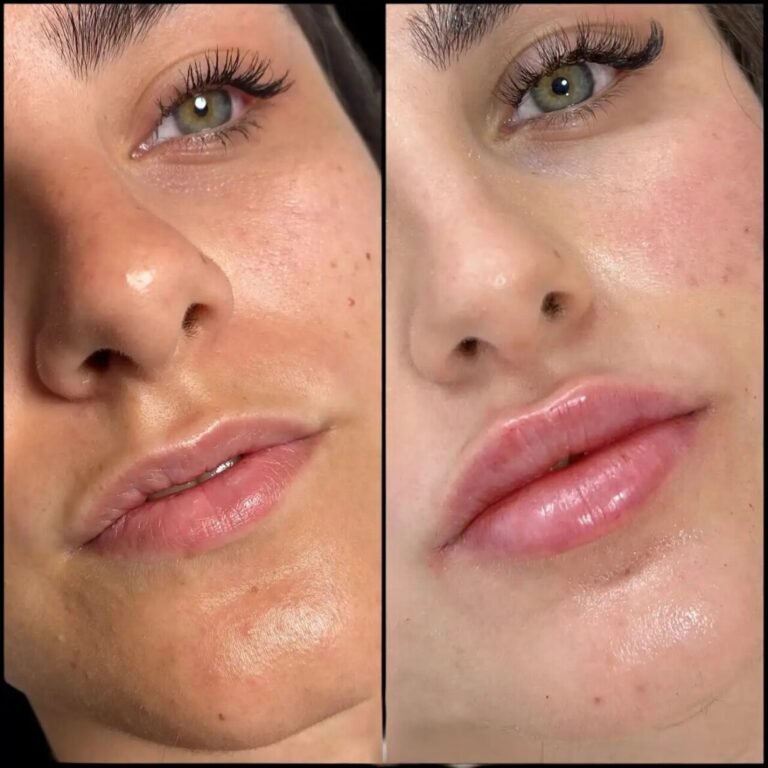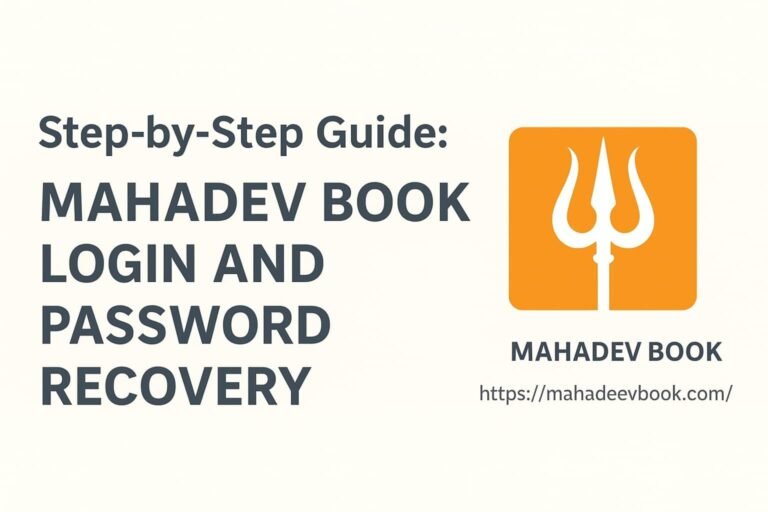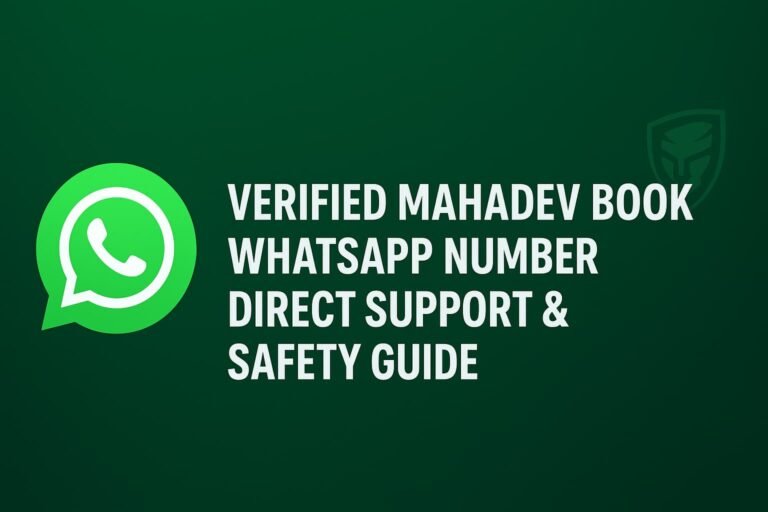In the world of filmmaking, the script is the foundation of every story. Whether you’re crafting a gripping short film or an epic feature, your ability to shape characters, plot, and dialogue will determine how your vision unfolds on screen. The skills required for a short film script and movie script writing may share similarities, but each format demands unique approaches to storytelling, pacing, and structure.
Why Short Film Script Skills Matter
A short film script typically runs under 40 minutes, requiring writers to convey a complete, impactful story in a limited timeframe. This constraint forces precision—every word, scene, and line of dialogue must serve the narrative. There’s no room for unnecessary filler; the story must open strong, develop quickly, and deliver a satisfying resolution in a condensed format.
Filmmakers often use short films as calling cards, showcasing their storytelling abilities and creativity to potential investors or production companies. This is where Ink & Frame Studios plays a vital role—offering guidance on refining short film scripts, ensuring they resonate emotionally while maintaining tight pacing.
The Art of Movie Script Writing
Movie script writing operates on a much larger canvas. With runtimes between 90 to 120 minutes, writers have the opportunity to build intricate worlds, develop layered characters, and weave complex story arcs. While the three-act structure remains a common framework, the longer format allows for subplots, backstories, and gradual tension building.
In movie script writing, pacing must be balanced. While there’s more space for character development, the story still needs to maintain forward momentum. Filmmakers can explore deeper emotional beats, expand on secondary characters, and give audiences a fully immersive experience.
Core Skills Every Filmmaker Must Master
Whether you’re writing a short or feature-length script, certain skills are essential to success:
-
Strong Story Structure – Understanding narrative flow is key. Short films often rely on a focused, single event, while features spread the journey across multiple acts.
-
Character Development – Even in short scripts, characters must feel real. In features, their arcs can be more nuanced, showing growth over time.
-
Pacing Control – Knowing when to speed up or slow down a scene can make or break a script.
-
Visual Storytelling – Show, don’t tell. Both formats benefit from powerful visuals that convey emotion and meaning.
-
Dialogue Mastery – Crisp, purposeful dialogue can reveal character, advance the plot, and create memorable moments.
How Each Format Shapes Storytelling
A short film script is like a short story—sharp, impactful, and often centered around one turning point or emotion. Movie script writing is more like a novel—layered, detailed, and expansive. These differences shape how themes are explored.
For instance, a short film might focus entirely on one crucial decision a character makes in their life, while a feature film could chronicle the events leading up to and following that decision, showing the long-term consequences.
Why Filmmakers Should Learn Both
A well-rounded filmmaker understands both formats. Short films are ideal for experimenting with style, testing concepts, or building a portfolio. Feature films, on the other hand, offer the chance to deliver a more complete cinematic journey.
By learning the specific demands of each format, filmmakers can choose the best medium for their story, or even adapt a short into a feature. Many acclaimed directors started with short films before moving to features, using the skills they developed in concise storytelling as the foundation for larger projects.
Final Thoughts
Mastering the art of short film script and movie script writing is not just about learning technical skills—it’s about understanding how each format shapes the way stories are told. Whether your goal is to make an audience laugh, cry, or reflect, the right scriptwriting approach will help you achieve it.
From the first idea to the final scene, every filmmaker’s journey begins with the words on the page. With guidance from industry experts like Ink & Frame Studios, you can refine your storytelling skills, choose the right format, and bring your cinematic vision to life.





